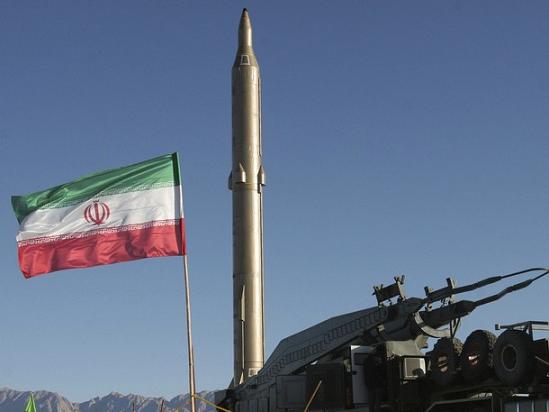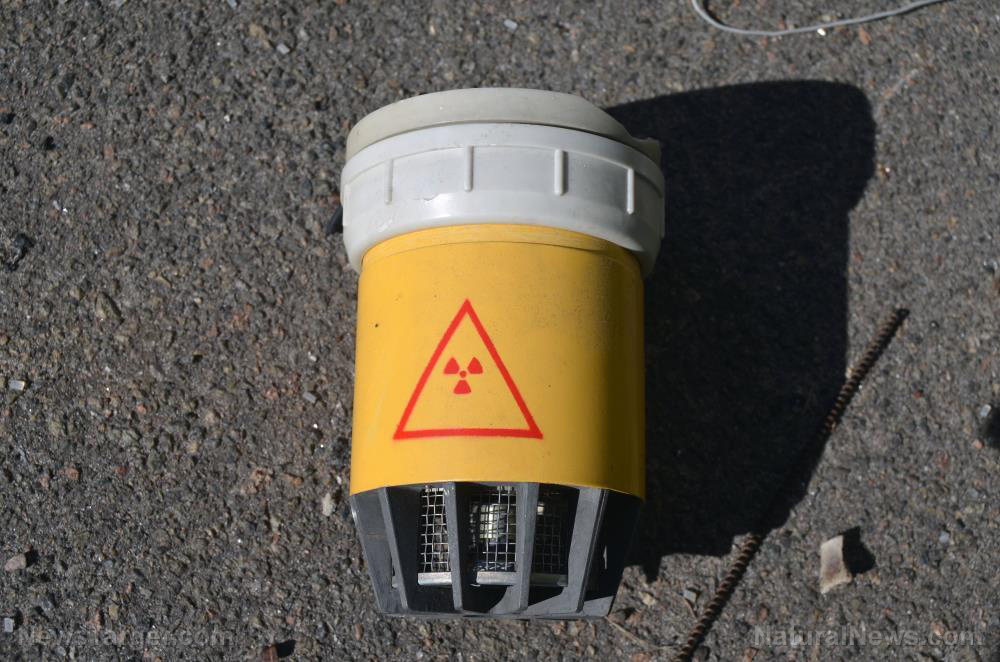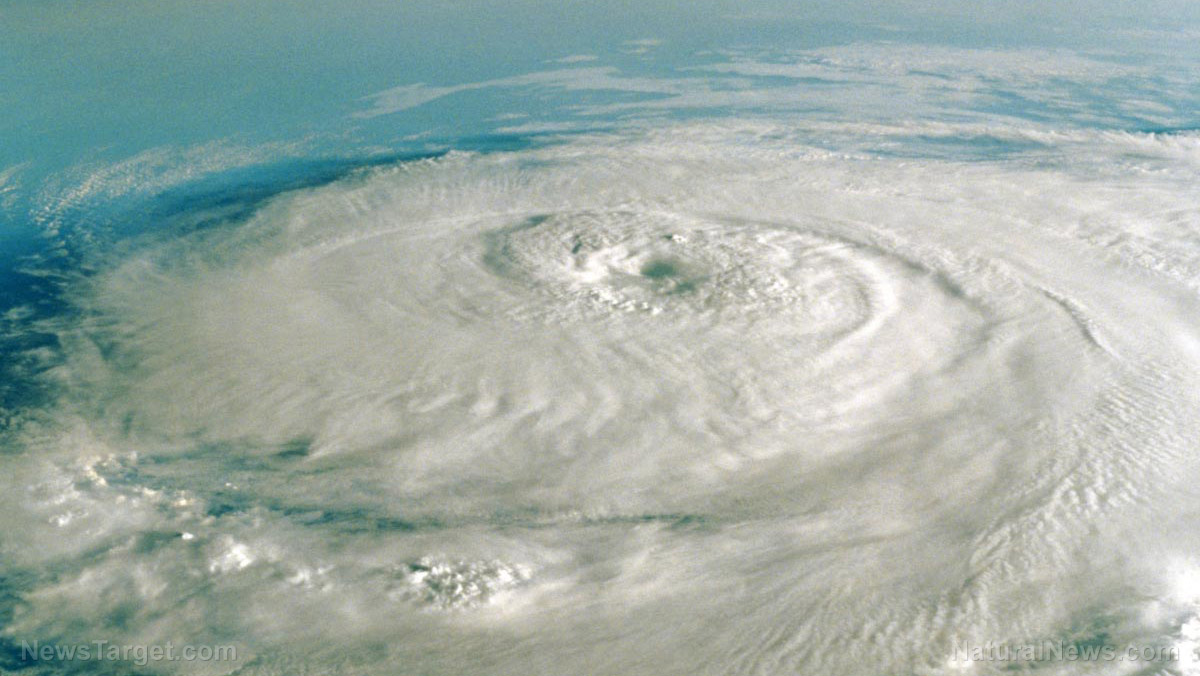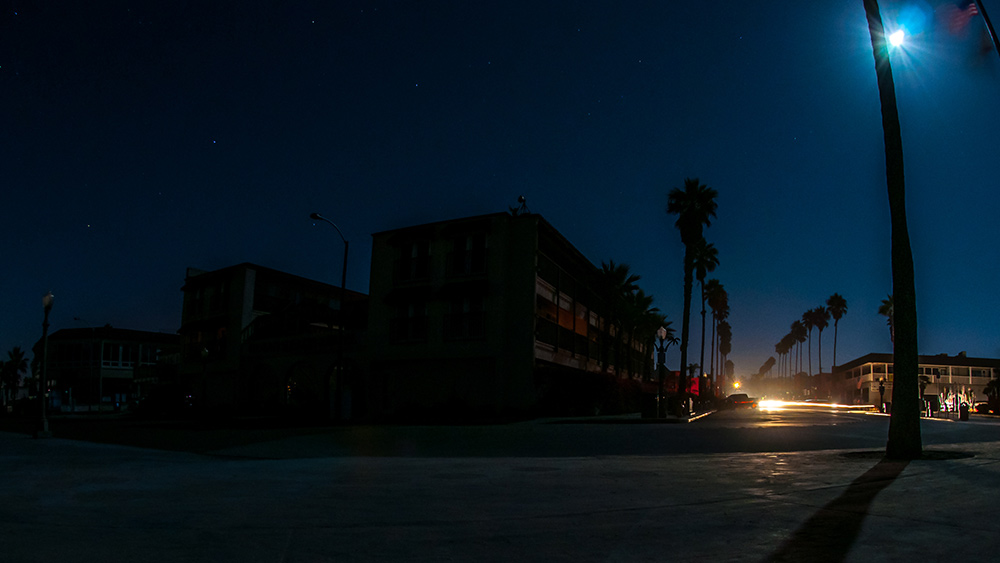British government “war gaming” emergency plans to deal with week-long blackouts
11/03/2022 / By Arsenio Toledo

The government of the United Kingdom has been “war gaming” emergency plans to deal with the energy crisis this winter, including the possibility of week-long blackouts.
Government documents marked “official sensitive” obtained by British media outlets warned that in a “reasonable worst-case scenario,” there could be severe disruptions to transport, food, water, communications and energy for up to seven days at a time.
In response to this, officials in London have begun stress testing Programme Yarrow, the government’s contingency plan for dealing with large-scale blackouts. The plan involves prioritizing providing the young and the elderly, as well as their caregivers, with food, water and shelter.
Programme Yarrow is a cross-government blueprint that was first drawn up in 2021 to improve the British government’s ability to plan and stay resilient in the face of a major technical fault in the National Grid, the main electricity transmission network in the United Kingdom.
Last month, the National Grid warned that Britain could experience three-hour rolling blackouts during the winter. Programme Yarrow is preparing the country for a situation more severe.
According to the plan, around 60 percent of the electricity demand would be met between day two to seven of the week-long blackout. Households and businesses would be given “intermittent access” to rationed electricity. The country would also be given at least 24 hours notice before a planned long-term power outage, and the plan for power rationing could be published up to a week ahead on a rolling basis.
The National Grid and the Office of Gas and Electricity Markets, the main government regulator for electricity and gas, have already reached an agreement stipulating that 100 percent of electricity demand should be restored after a week. Programme Yarrow expects this agreement to be met even in a worst-case scenario.
British government also preparing for Russian attack on power grid
The British media that reported on the issue also noted that the government’s fears of a possible nationwide blackout have been rising since the beginning of Russia’s special military operation in Ukraine in late February.
Officials that stress tested Programme Yarrow have been preparing for a kind of technical fault in the National Grid that includes a possible attack by a hostile state on the U.K.’s sub-sea power cables. This attack is expected to be some form of retaliation against the sabotage of the Nord Stream 1 and 2 gas pipelines in the Baltic Sea. (Related: Russia: British Navy played a major role in sabotage of Nord Stream pipelines.)
Minister of State for Security Tom Tugendhat recently warned that Britain had become “more vulnerable” in recent years as potentially hostile state actors had “levelled the field” by investing more of their resources into new technologies which could be used to strike the country.
The Guardian, which first reported the stress testing of Programme Yarrow, also revealed that the BBC has already prepared secret scripts that it could read on air at the prompting of the government if energy shortages start to cause blackouts or the loss of gas supplies this winter.
“The government doesn’t want any publicity on Yarrow, as they don’t want it to be seen as linked to Ukraine, the energy supply and the cost of living,” said one source that spoke with the Guardian. “But we need to think about how we can help people in advance. The fact they’re talking about it now means they have a real concern it could happen.”
Read more news about Europe’s energy crisis at PowerGrid.news.
Watch this clip from InfoWars as host Harrison H. Smith discusses how the British police are bracing for a surge in crime and civil unrest this winter.
This video is from the InfoWars channel on Brighteon.com.
More related stories:
Sources include:
Submit a correction >>
Tagged Under:
big government, blackouts, chaos, Collapse, electricity, emergency, energy crisis, energy shortage, energy supply, national security, panic, power, power grid, preparedness, Programme Yarrow, rationing, Russia, scarcity, United Kingdom, winter
This article may contain statements that reflect the opinion of the author
RECENT NEWS & ARTICLES
COPYRIGHT © 2017 NATIONAL SECURITY NEWS





















